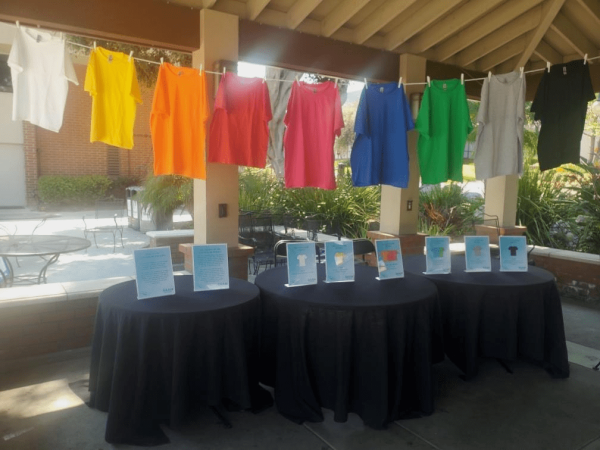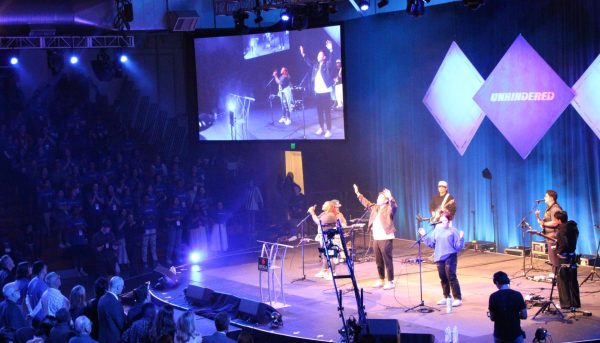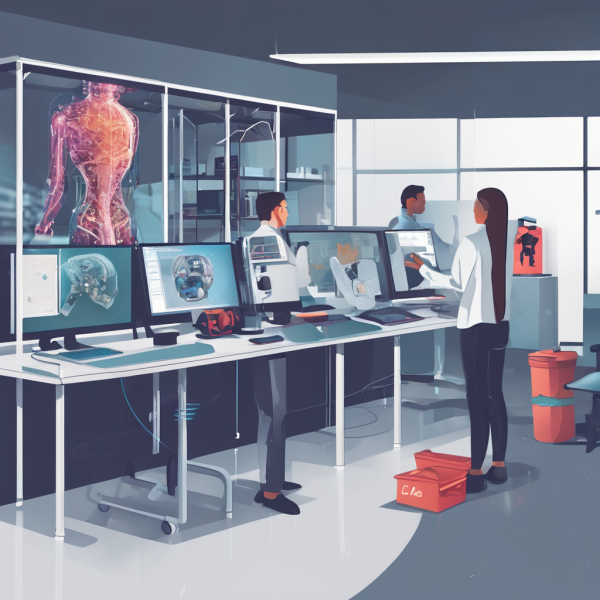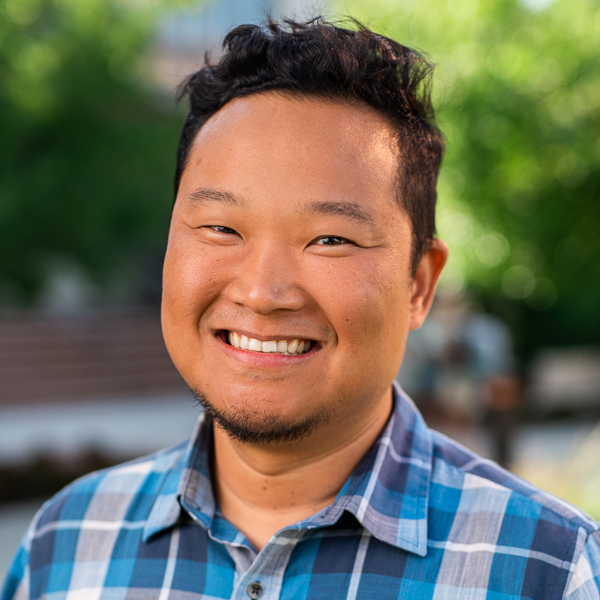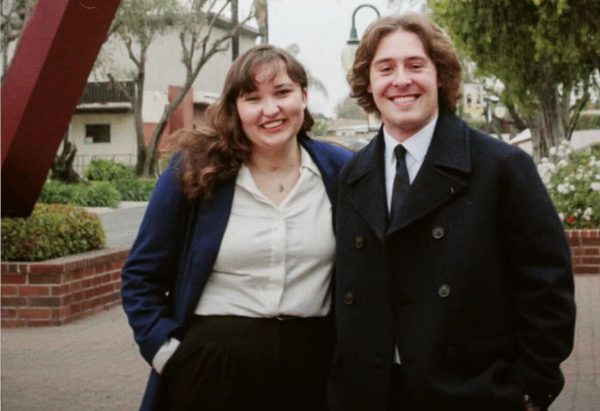Haiti earthquake shakes grad’s world
A ’09 Biola grad who was in Haiti during the earthquake shares the sights and sounds of its aftermath.
February 10, 2010
The noise of the shaking ground began to drown out Nikki Ciriza’s voice as she sang,, “Greater things have yet to come and greater things are still to be done in this city,” from the second story of a Port-au-Prince school.
To Ciriza, a 23-year-old 2009 Biola grad, it seemed as though a huge truck had hit the building. As the jolting intensified over a period of 40 seconds, Ciriza and her cousin ran for shelter, clinging to one another in desperate prayer.
Neither Ciriza nor her cousin knew they were in the midst of a massive earthquake, the worst in the region in more than 200 years, according to the New York Times. Haiti’s government estimated the body count at 150,000 on Jan. 23. The quake left Port-au-Prince in ruins, and thousands were trapped in the rubble of collapsed buildings.
Ciriza had made plans to go to Haiti during fall of 2009, long before any hints of natural disasters had begun to surface. After graduating in December, she wanted to use her undergraduate degree in psychology to help counsel the boys and girls at Maison de Lumiere, the orphanage her aunt and uncle have run for six years in Port-au-Prince.
She arrived in Haiti on Thursday Jan. 7, able to take a few days to learn about the culture from her relatives who lived in the community right beside Haitians. She met people who live in cedar blockhouses down the street from the ravine, people who were to experience the most devastation in the days to come.
“The reality of God in a situation like that is not something you can deny,” Ciriza said. “The way He showed up was evident in the believers working together with love and a heavy reliance upon Him. I have never prayed so much in my entire life.”
Tuesday, Jan. 12, changed the entire dynamic of Ciriza’s trip. The orphanage was instantly transformed into a community hospital, as those same cedar blockhouse Haitians fled to the shelter for refuge and care. As hospitals filled to maximum occupancy, the level of need rose for those of lower classes, Ciriza said, and the orphanage became an answer to the urgent and increasingly serious medical cases of society’s poor.
Two days after the earthquake, Ciriza had seen many wounds and damaged bodies, and had offered her hands in numerous situations. Walking into the clinic that day, an armless man caught her eye. He was in severe pain, shaking his head and waiting to be helped. The next day, Ciriza approached the man who had been bandaged, no longer bleeding, and asked how he was.
He replied, “I’m okay because I have life.”
When Ciriza questioned him further about the events of his injury, he said, “I can’t talk about it, but I’m so grateful that I have life.”
The man’s evident appreciation struck Ciriza, as she began to thank God for the value of life. Miraculously, not one person died during the four days Ciriza was there. Unconscious babies, brought in by frantic parents, were soon revived to consciousness after staff gathered around them to lay hands in prayer.
Biola’s community has also gathered in prayer as well as in fasting and financial offerings through the Coalition for Social Action. Small groups of students met last Thursday to pray and fast for the people of Haiti during meal times.
“When we got back, I knew that I wanted Biola students to be able to be tangibly involved with this situation, where so much help is needed,” said CSA Chair Alicia Miller. “These opportunities allow students to look at their own hearts and reflect on how they can give.”
CSA partnered with Operation Blessing (OB), an organization chosen by Miller for both its long-term and short-term involvement in Haiti. OB has initiated programs to address economic and health issues in Haiti, including combating malaria and parasites.


